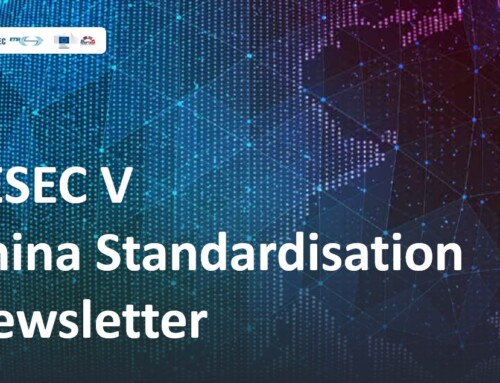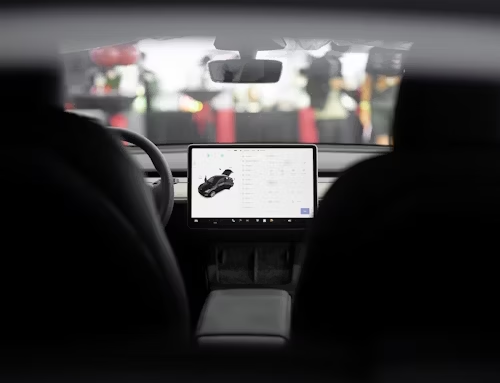Following the release of Guidelines for the Construction of the National Internet of Vehicles Industry Standard System (Intelligent and Connected Vehicles) (2023 Version) (hereinafter referred to as the Guidelines) in July 2023, China has been dedicated to Intelligent and Connected Vehicles (ICV) standardization, both domestically and internationally. This progress was recently reviewed by China Standardization Magazine and published on its social media platform. To assist foreign stakeholders in grasping the key points, SESEC has provided the following summary.
Statistics on Domestic Standardization Activities
In alignment with the Guidelines, a total of 63 national and sector standards in the field of ICVs have been submitted for approval or have been released, and 43 standard projects have been officially initiated. In 2023, the priorities for ICV standardization focused on combined driving assistance, automated driving, connected functions and applications, intelligent cockpits, information security and data security, functional safety, and expected functional safety. Additionally, research on standard systems for six sub-fields of ICV has been completed, covering areas such as automotive software, testing equipment, and interfaces. Mandatory national standards for whole vehicle information security, software upgrades, and automated driving data documentation systems are expected to be completed and submitted for approval in the near future.
China’s Contributions to International Standardization
China has adopted a proactive stance in international standardization activities within WP 29 and related working groups in ISO. Two key metrics of China’s performance in international standardization are the number of positions held in international organizations and the number of international standards led or coordinated by China. According to the review, Chinese experts currently hold positions such as deputy chairman of GRVA, joint chair of FRAV, joint chair of TF-FADS, as well as the convenor of ISO/TC 22/SC33/WG9 – Test scenarios of automated driving systems. In terms of standardization projects, China has led the development of several ICV-related international standards, including ISO 34501 Road vehicles — Test scenarios for automated driving systems — Vocabulary, ISO/TR 9968 Road vehicles — Functional safety — Application to generic rechargeable energy storage systems for new energy vehicle, etc. China has also proposed international standards on Rear Cross Traffic Alert (RCTA), Door Open Warning (DOW), and Natural Language Description Method for Automated Driving Test Scenarios. Furthermore, China has led the establishment of the Vehicle OS Informal Group under ISO, and coordinated the development of international standards in the sub-fields of functional safety, information security, sensor data interfaces, and software upgrading.
To support China’s ICV industry in engaging with international standardization community, the National Technical Committee of Auto Standardization (SAC/TC114) has established the International Standards and Regulations Coordination Expert Advisory Group for Intelligent and Connected Vehicles (ICV HEAG) and the ICV Foreign Experts Advisory Group (ICVFEAG). These group meetings provide opportunities for Chinese ICV industry stakeholders and foreign experts to exchange information and insights, contributing to China’s ICV standardization efforts.
Liaison Mechanism
The China Automotive Standardization Research Institute has recently created a liaison mechanism that connect national standards development organizations (SDOs), sector SDOs, local SDOs, and association SDOs. This includes SAC/TC114, relevant local technical committees, the China Society of Automotive Engineers, the China Association of Automobile Manufacturers, and the Telematics Industry Application Alliance. The goal is to promote coordinated development and optimize the provision of high-quality ICV standards.
In summary, in addition to continuously advancing standards development domestically and internationally, China has increasingly focused on establishing platforms, encouraging information exchange, and fostering coordination. This approach facilitates the alignment within China and globally, which could also benefit foreign stakeholders interested in collaborating with Chinese counterparts on ICV standardization. For SESEC’s article on the Guidelines, please click here.




